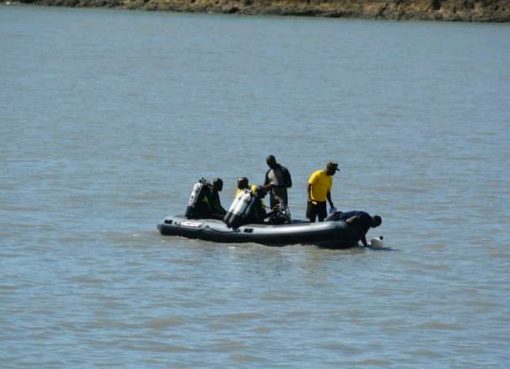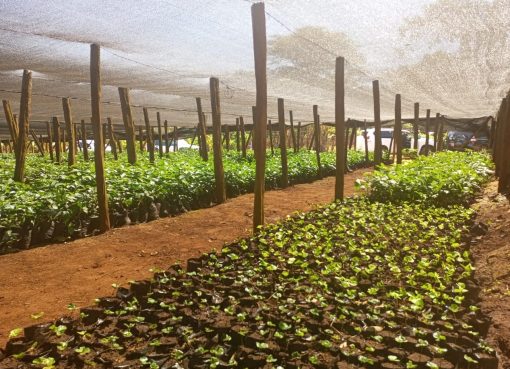World Animal Protection has launched its report finding on the climate change and cruelty that is meant to reveal the true impact of factory farming.
The report is also meant to bring change for animals by educating, mobilising and catalysing sustainable conditions.
The World Animal Protection Africa Humane and sustainable agriculture campaign manager Dr Victor Yamo stated that factory farms should be limited from coming to Africa because they are not sustainable.
Dr Yamo added that factory farms bring about deforestation, contaminated waste products, uses a lot of pesticides for crops which instead contaminate the environment and misuses climate resources.
“Factory farms are also very destructive, they rely on aiding animal suffering and worker hardships,” said Dr Yamo.
He also reiterated that factory farms have impacts which include effects on public health, animal suffering since they do not have enough environment to move around, undermines food security and biodiversity loss and pollution.
Dr Yamo noted that by 2030, meat consumption in Africa will be 30 percent, Asia 18 percent, Latin America 12 percent, North America 9 percent and Europe 0.4 percent due to urbanisation
“The biggest contribution comes from livestock and fishery,” said the campaign manager.
He urged people to support the industry to implement Farm Animal Responsible Minimum Standards (FARMS) to end deforestation, phase out sourcing of mono-crops and to have production of animal protein.
“Join us to call on the government to stop approving factory farms, eat less meat and better meat,” stated Dr Yamo.
At the same time,World Animal Protection regional director Tennyson Williams stated the vision of World Animal Protection as a world where animals live free from cruelty and suffering.
He said that there is a new strategy that has the goal of ensuring farm animals live good lives by transforming global food systems and to stop using animals as commodities.
“In Africa, our development aspirations will never be fully realised until animals are part of the solution, we need to change our policies to be animal compliant,” said Mr. William.
World Animal Protection gives animals a voice by ensuring their needs are met and ending the cruel exploitations of wildlife.
By Caroline Mbusa and Emmanuel Kipkoech





